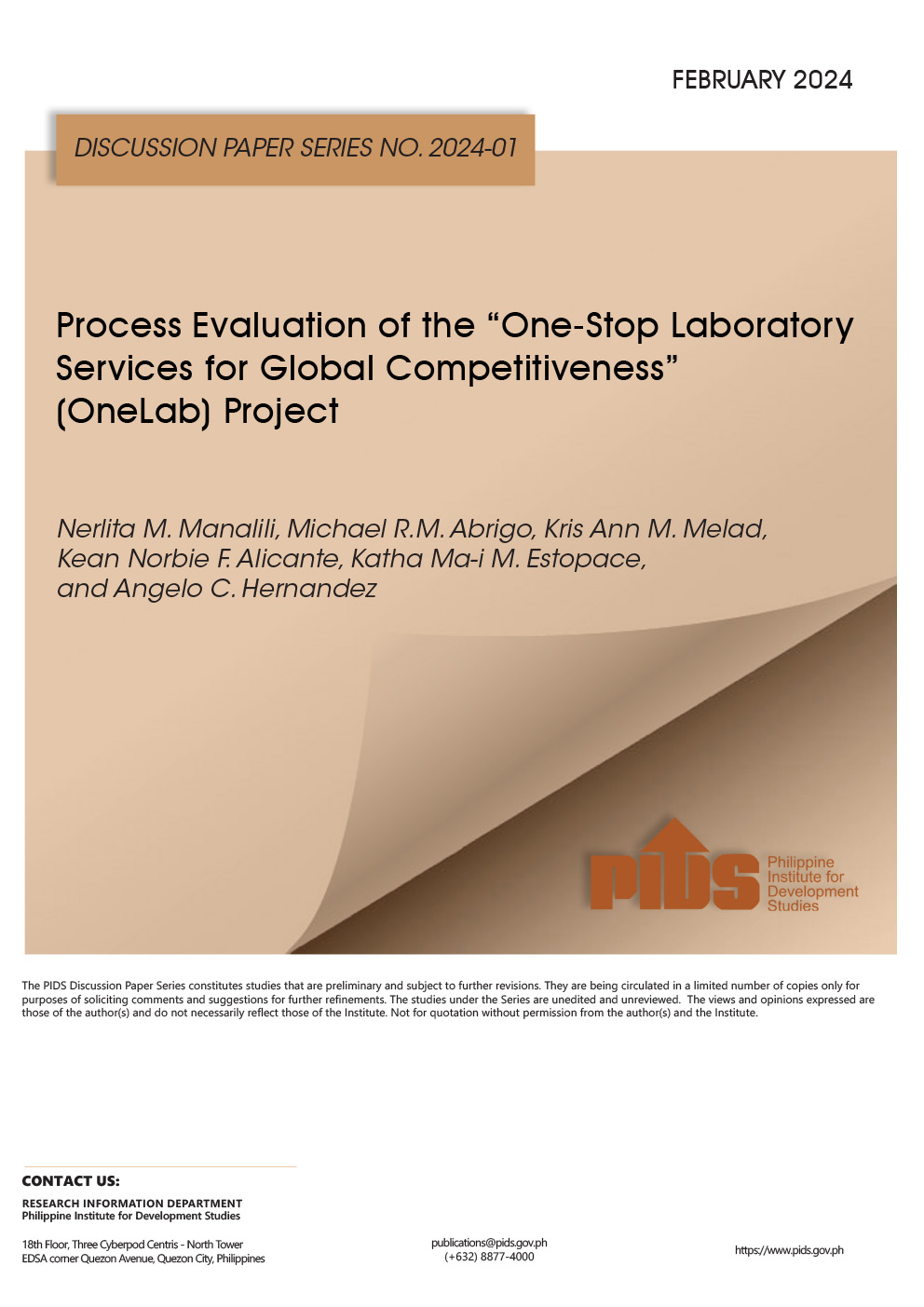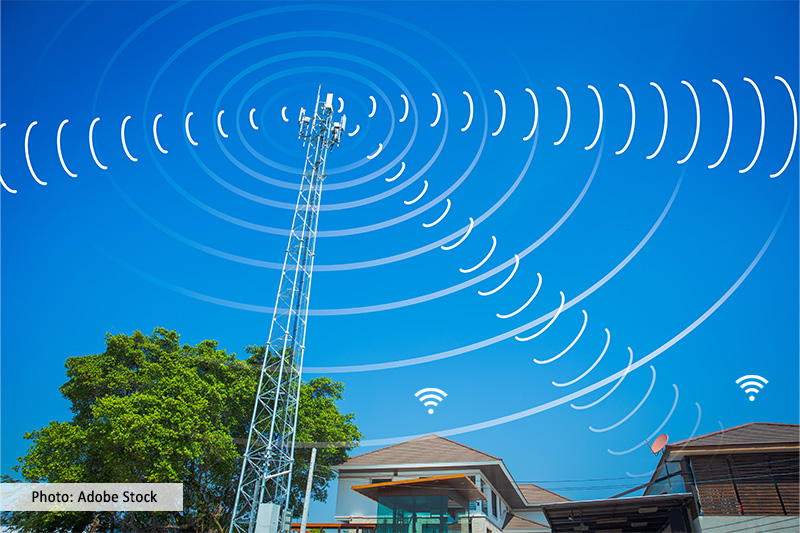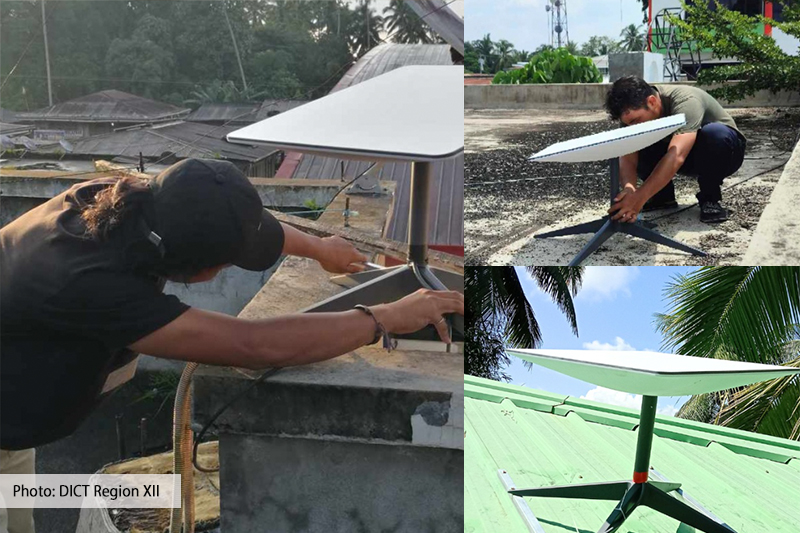QUEZON CITY, Oct. 13 -- As governments look for innovative ways to respond to the COVID-19 pandemic and other risks, a governance expert reminded the public sector to ensure that these efforts should serve the best interest of the people to gain their trust.
Speaking at the 6th Annual Public Policy Conference (APPC) on “Institutional Innovations and Reforms under the New Normal” organized by the Philippine Institute for Development Studies, Sean McDonald, co-founder of Digital Public and a senior fellow at the Canada-based think tank Center for International Governance Innovation, raised key lessons for governments to remember when using technology-led responses in addressing problems in their respective countries.
According to McDonald, the first lesson is validating whether these new technologies serve their purpose of solving the problems for which they are created, and not just focusing on their technical functions. Citing the contact-tracing apps developed in Iceland and used by its government to respond to COVID-19, McDonald said that “even in places where [application] adoption has been very high… it does not have a meaningful addition to the public health response.”
“One of the important things to remember when we are talking about technology, whether it is in education or disaster response or any other sector, is that we need a strong validation infrastructure to do not only quality assurance testing but also comparative and contextual testing to make sure that the technology helps solve the larger problem,” McDonald explained, pointing out that this is one way to gain the public’s trust.
The second lesson is deployment or ensuring that these technologies reach as many people as possible “if not everybody”. But McDonald cautioned that differences in connectivity, hardware, and software, among others, have made these technologies fragmented, which could be a source of inequality when used by governments.
McDonald also emphasized the vital role of law enforcement in the way these technologies are used. He noted, however, that these new technologies are prone to political abuses when used to target political opponents as well as commercial abuses when users are misled into sharing data, which then affects the public’s trust “in legitimate response efforts”.
He also mentioned that building the trust of people to use technology is crucial. The government, particularly public officials, should ensure that they provide clear messages to the public when deploying new technologies.
“Technology is not only a factor in the sense that it becomes an intermediary in the way people experience different services, but it also becomes a channel through which public officials may delegitimize or unfortunately damage the effectiveness of public programs,” McDonald explained, stressing that the way technology is introduced and explained back to the public is essential.
In conclusion, McDonald highlighted that these technology-led responses would only be successful if they have the public’s trust, saying that “in response to major social issues, epidemics, and pandemics, public trust, public education, public engagement, and the ability of the public to understand and enforce their rights to these systems [are] critical to ensuring their success.”
Started in 2015, the APPC is the culminating activity of the Development Policy Research Month, a nationwide celebration every September to highlight the importance of research evidence in policy and decisionmaking in the country. This year’s DPRM theme is “Bouncing Back Together: Innovating Governance for the New Normal”. (PIDS)
Technology-led responses to COVID-19 and other risks should serve public interest - governance expert












